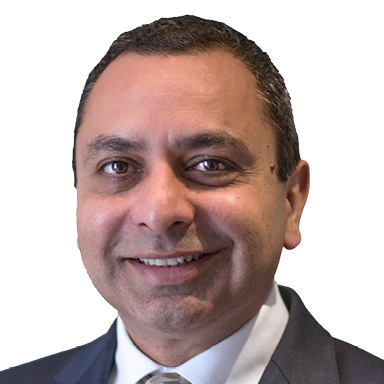Ignoring our sleep problems has become the norm for many within our society. According to recent data published, the average South African wakes up at 06:24 a.m., earlier than many other nations.
The data also shows that many South Africans only head to bed shortly after midnight – creating a health crisis for many who do not get sufficient rest.
Ignoring our sleep problems has become the norm for many within our society. According to recent data published, the average South African wakes up at 06:24 a.m., earlier than many other nations. The data also shows that many South Africans only head to bed shortly after midnight – creating a health crisis for many who do not get sufficient rest.
Sleep is considered an essential biological process that allows our brain to recuperate. According to Dr Irshaad Ebrahim, Sleep Specialist at The Constantia Sleep Centre, “Our brain utilises this downtime to rejuvenate and perform the necessary maintenance to help us regulate our biological emotional and immune systems.
Adults aged between 18 and 64 years require 7-9 hours of sleep, with the ideal bedtime between 10 and 11 pm. During the day, a short nap, capped at under 30 minutes, can provide a much-needed energy boost. However, a nap longer than half an hour can have the opposite effect. If you frequently take naps longer than 30 minutes, it could be a sign of sleep deprivation.”
Sleep deprivation is characterised by not getting enough hours of sleep over a long-term period. Your environment, lifestyle or pre-existing health issues can contribute towards this. Signs that you’re suffering from sleep deprivation may include:
- Feeling fatigued or sluggish throughout the day
- Constantly feeling irritated
- Difficulties with your concentration
- Memory issues
- Processing information at a slower pace
- Poor balance and coordination
- Waking up earlier than usual and being unable to go back to sleep

“Sleep deprivation can have serious consequences,” warns Dr Irshaad Ebrahim. “Insufficient sleep and resulting drowsiness can cause fatal accidents for many South Africans who commute daily. Employees also struggle to perform their best when juggling long hours and a heavy workload, feeling sluggish because they aren’t well rested or risking injury on the job. In addition, reduced immune function and obesity are also serious long-term issues.”
Considering the financial, emotional, and mental toll sleep deprivation takes on the individual, getting enough sleep in 2025 is a goal worth pursuing this year. The long-term effects are undeniable, and it’s clear more than ever that getting enough rest shouldn’t be treated as a luxury but as part of taking care of our emotional and mental well-being.
He explains that the effects of consistently dealing with sleep deprivation can also be felt in our bodies, affecting both mental health and physical well-being. It is often associated with depression, strokes, obesity and cardiovascular disease.
While the issue can’t be resolved overnight, addressing some habits contributing to sleep deprivation is a great place to start. For instance, watching TV or scrolling on your cell phone while trying to fall asleep has been proven counterproductive. These habits, known as ‘sleep hygiene,’ are within our control and can be adjusted to promote better sleep.
If you’re struggling with sleep deprivation, contact your GP at your nearest Mediclinic to get a referral to a Sleep Clinic. Dr Irshaad Ebrahim is available at Mediclinic Constantiaberg (https://ConstantiaSleepCentre.com )
Further publications on the topic
Doctors 1


